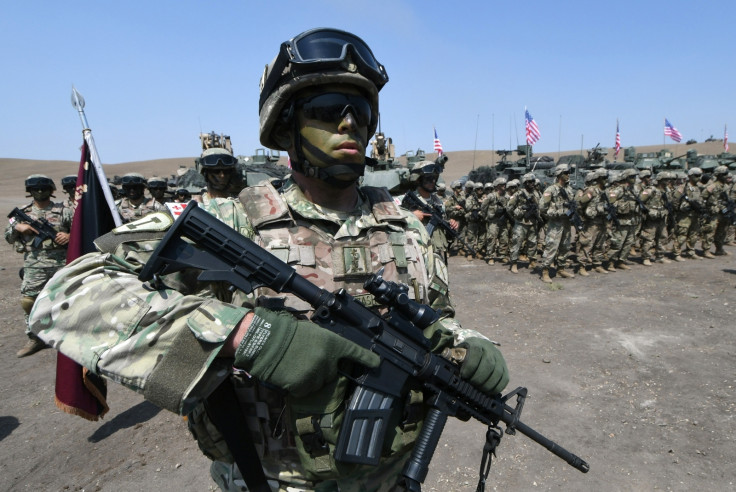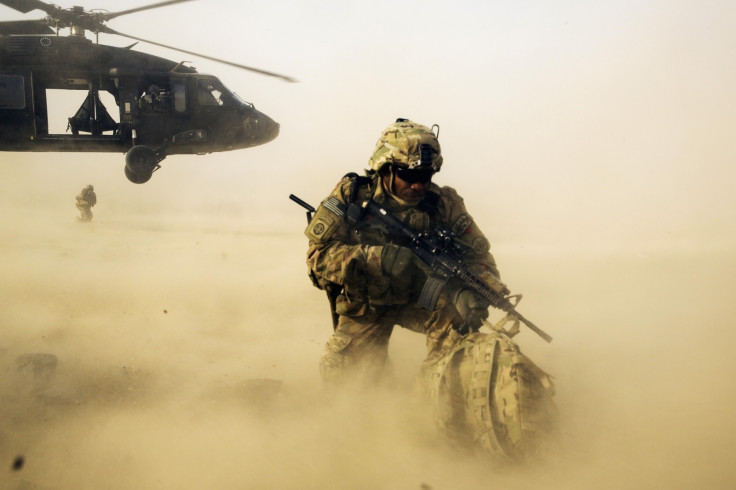US Army develops material that is so tough, bullets bounce off it
PUU can be used in helmets, face covers and other forms of ballistic protection gear for soldiers of the future.

The US Army Research Laboratory (ARL), in collaboration with MIT, has developed a new kind of polymer material that could be used in making more effective combat gear such as helmets off which bullets can bounce.
The material, made of poly-urethane urea elastomers (PUU), was found to exhibit hyperelastic behaviour when hit at very high speeds with micro particles of silica.
PUU becomes stiff when impacted and deform to half its original thickness in a short time (one hundred millionth of a second) then bounces back to its original form, according to a post by the US Department of Defence (DoD).
This kind of behaviour is being observed for the first time, says the post, contrasting greatly with the impact noted in other elastomers where similar micro particles, when fired at high speeds normally penetrate the target which does not recover or bounce back, damaging it.
Traditional armour is based on properties like stiffness. In order to achieve the capability to resist getting deformed when attacked, the material needs to stay tough and absorb energy. Armour based on ceramics, metal sheets, and fibre-based composites like kevlar work this way.
However, these properties are not a good indicator of how quickly these materials change from being soft and flexible to hard and resistant when they face impact. This dynamic stiffening is what the researchers are looking to increase and PUU seems to have an edge over traditional armour.
When tested against polycarbonate glass which is known to have a high fracture toughness and ballistic strength – impact resistance – PUUs were found to have a much higher rate of dynamic stiffening. Also, resistance against penetration of the materials can be fine-tuned. By simply changing the molecular composition of the PUU, the researchers were able achieve a ~ 50% reduction in the average depth of penetration.

Current helmets used by soldiers are known to suffer severe "backface deformation". That is the blunt force transferred to the wearer's skull when a projectile buckles the material inside the helmet. This can be likened to a soldier feeling like a hammer strike on their head. Using PUUs can greatly reduce deformation, according to the report.
Apart from helmets, face guards and other protective clothing for soldiers, PUUs can also see use in sporting wear for athletes. A layer of PUU around existing helmets or a full replacement of the polycarbonate shell could increase performance significantly.






















